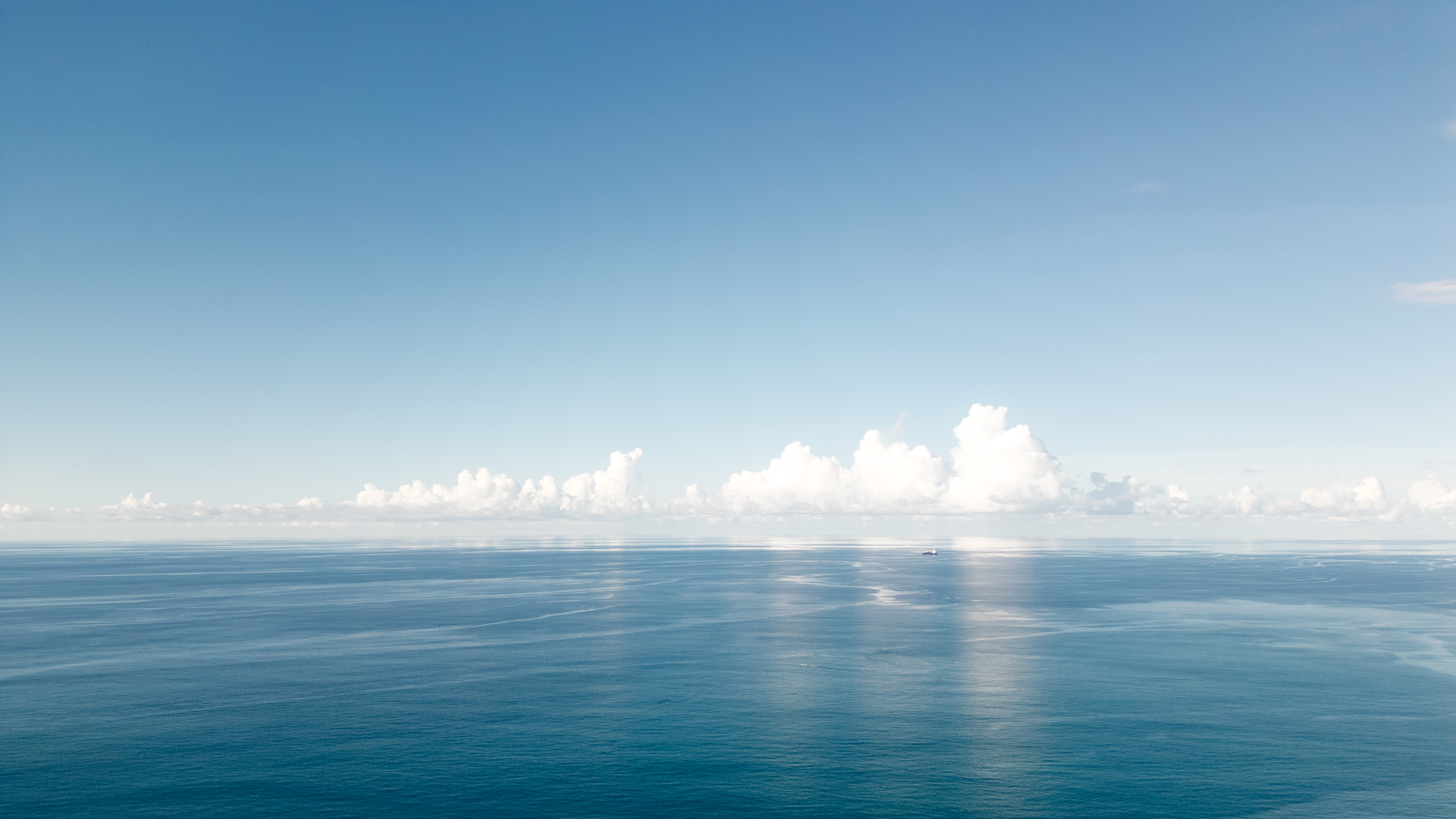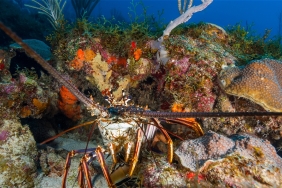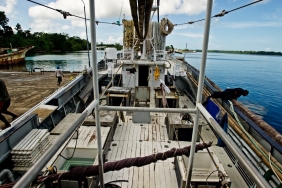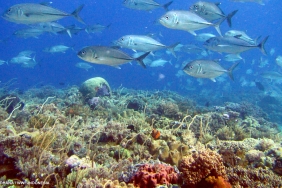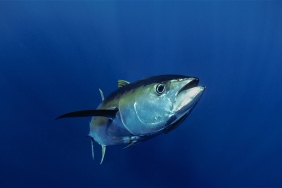IMPROVING FISHERIES ASSESSMENT COMPETENCY OF LOCAL ASSESSOR CANDIDATES TO ACHIEVE MSC CERTIFICATION
By: Faridz Rizal Fachri (Capture Fisheries Officer)
Sustainable fisheries product certification or ecolabeling is one approach by positioning the market (market & demand) as a key that can influence fisheries activities globally. Looking at the fact that from a total of 286 fisheries in 36 countries that have been certified by MSC (Marine Stewardship Council) in the world, there is still no representative from the Indonesian capture fisheries sector. In fact, the potential economic value arising from the market for ecolabeled fishery products reaches US$4.6 billion (Annual Report MSC, 2015).
One of the challenges in MSC certification in Indonesia is the unavailability of experts who can assess the condition of fisheries referring to the principles of the MSC standard which include: 1) Stock sustainability; 2) Minimization of ecosystem impacts; and 3) Effective fisheries management. Seeing the gap, WWF-Indonesia in collaboration with researchers, academics in Indonesia and the CABs (Conformity Assessment Bodies) conducted the "Indonesia Pre-assessment MSC Training and Workshop"on February 15-17, 2018 in Denpasar, Bali, which aims to increase the capacity and quality of prospective assessors.
The participation of prospective assessors in this activity includes representatives from Bogor Agricultural University (IPB) - Dr. Mukhlis Kamal, Diponegoro University - Dr. Diah Permata Wijayanti, and Hasanuddin University - Dr. Rijal Idrus & Dr. Aidah Ambo Ala Husein, along with presenters from the Poseidon institution, CABs from Australia, who have experience in the fisheries assessment process referring to the MSC standard, namely, Richard Banks and Mikaela Zaharia.
"This Indonesia Pre-assessment MSC Training & Workshop focuses on determining indicator scores, finding gaps in fisheries practices, and preparing log frames for shrimp commodities in Kotabaru (South Kalimantan), reef fish in Wakatobi (Southeast Sulawesi) and skipjack in the Indian Ocean," explained Richard Banks in his opening remarks.
An important thing to do before entering the assessment process further is to determine the scope of the fishery to be certified or called Unit of Certification (UoC). The area to be assessed includes the Unit of Assessment (UoA), the main target fish commodities, and the fishing techniques used. Following up on the large number of fisheries practices in Indonesia that are classified as fisheries with limited data (poor data), the use of RBF (Risk Based Framework) tools developed by the MSC is important and necessary to assist assessors in making an assessment of the impact of fisheries activities based on scientific justification and other reliable information.
Exchanging information and experience between assessors is one of the important things in developing capacity when conducting fisheries assessments, because each commodity has different conditions. "Hopefully this activity can increase the capacity of prospective assessors in conducting fisheries assessments referring to the MSC standard in Indonesia, of course this will be a valuable manifestation in the future" said Abdullah Habibi (WWF Indonesia's Fisheries and Aquaculture Improvement Manager) while closing this activity.

